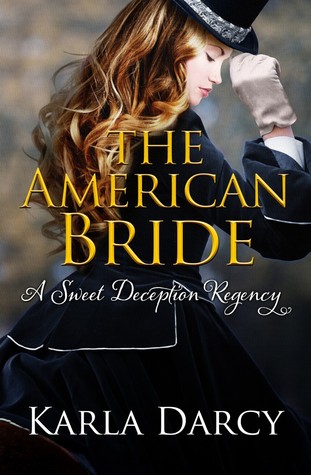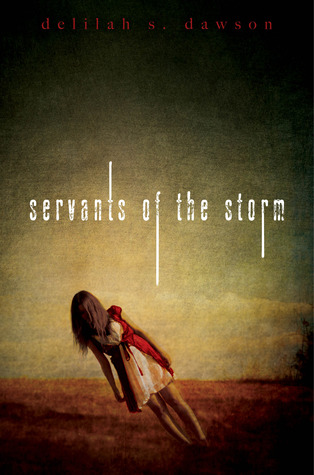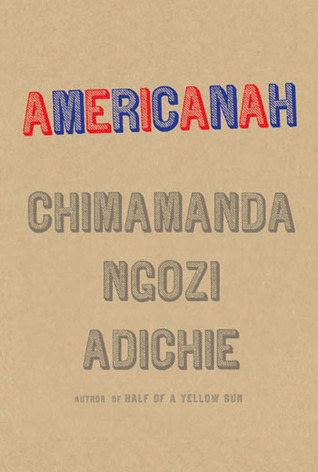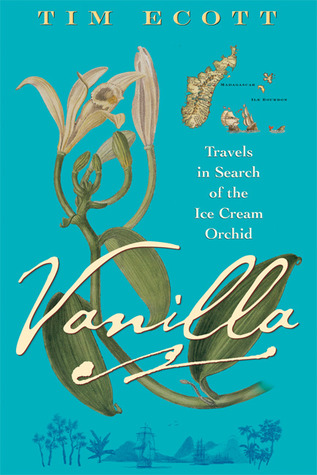 Hmmm.... This one was a weird one for me. I ended up liking it much more than I thought I would for a while, but I still have some reservations about it. The Replacement is about Elise Duchamp, a 23-year-old waitress in Gig Harbor, Washington, who is also known as the town whore. She sleeps with pretty much every guy in town, available or not, and she doesn't regret it. She thrives off of it. Until, of course, that one special someone comes along. She doesn't want to change her ways, particularly, and she tries to drive him away because she doesn't think she's good enough for him and blah blah blah.
Hmmm.... This one was a weird one for me. I ended up liking it much more than I thought I would for a while, but I still have some reservations about it. The Replacement is about Elise Duchamp, a 23-year-old waitress in Gig Harbor, Washington, who is also known as the town whore. She sleeps with pretty much every guy in town, available or not, and she doesn't regret it. She thrives off of it. Until, of course, that one special someone comes along. She doesn't want to change her ways, particularly, and she tries to drive him away because she doesn't think she's good enough for him and blah blah blah.It's complicated.
I liked Elise and I hated her in turns. And, the more I think about it, the more that I don't think she should have gotten the guy in the end. Let me tell you, Ryder was hot. He was awesome. I loved Ryder. But Elise shouldn't have gotten him. Mainly because she didn't deserve him. She was cruel to him, purposefully and ruthlessly cruel, and while she went out and had a whole big epiphany/self discovery period and then came back to him, I don't thinks he should have ended up with him. I think Ryder deserved better than Elise, and that Elise should have had her big self discovery and then moved on and maybe ended up with someone else who isn't in the book at all. Maybe someone else in another town, because I have a hard time thinking she'd ever be able to really live in Gig Harbor after everything she did.
I really liked the writing. I thought it had a great flow, and Wade made Elise, a girl who is not really likeable...at all...a likeable narrator. I thought I'd hate her for the duration of the book, but I didn't. There were times I hated her, but it wasn't a constant stream of hate. And there were parts of her that I could definitely empathize with, too. Not the sleeping with other people's husbands/boyfriends and getting off on that, but things like her dream of going to Paris, and her complete awareness of what an awful person she is, because the first step to changing is acknowledging that there's a problem. There were sweet aspects to her that went a long way towards mellowing out her other, less savory qualities. There was, I will admit, a lot of sex in this book, which I guess is to be expected from a book about a self-proclaimed whore. It varied in quality, but overall it was good.
One complaint I do have is that Wade made almost every man in the universe look like a cheating bastard in this book. There were a total of two who weren't. Now, are there cheating bastards in the world? Yes. But I refuse to believe they are as plentiful as they apparently are in Gig Harbor. Geeze, ladies of Gig Harbor, y'all need to move somewhere else, because apparently there is something in the water there that makes guys insensitive, cheating bastards. I really would have rather seen Elise engage in a handful of more noteworthy affairs than a whole slew of non-noteworthy ones, because I would have found it more believable. Also...I'm not really sure where her issues came from? Because she says she has "daddy issues," and she clearly does, but from the way her father treats her in the book it seems like they would have manifested very differently from what they were, like maybe always trying to please men instead of herself? I don't know. It was kind of off, but not book-ruining for me, and overall I still liked this one.
A solid 3 stars out of 5.







